Postpartum Complications And How To Solve It?
At the end of your pregnancy journey, when you hold your little one in your arms, you feel like you’ve received the most precious gift of your life. With the baby in your arms, you might feel like you’ve ended your pregnancy complications, but is this really the end of it? As a new mom, you should also be aware of your postpartum complications after your delivery.
So, continue reading to understand the causes, symptoms & treatment methods of postpartum complications.
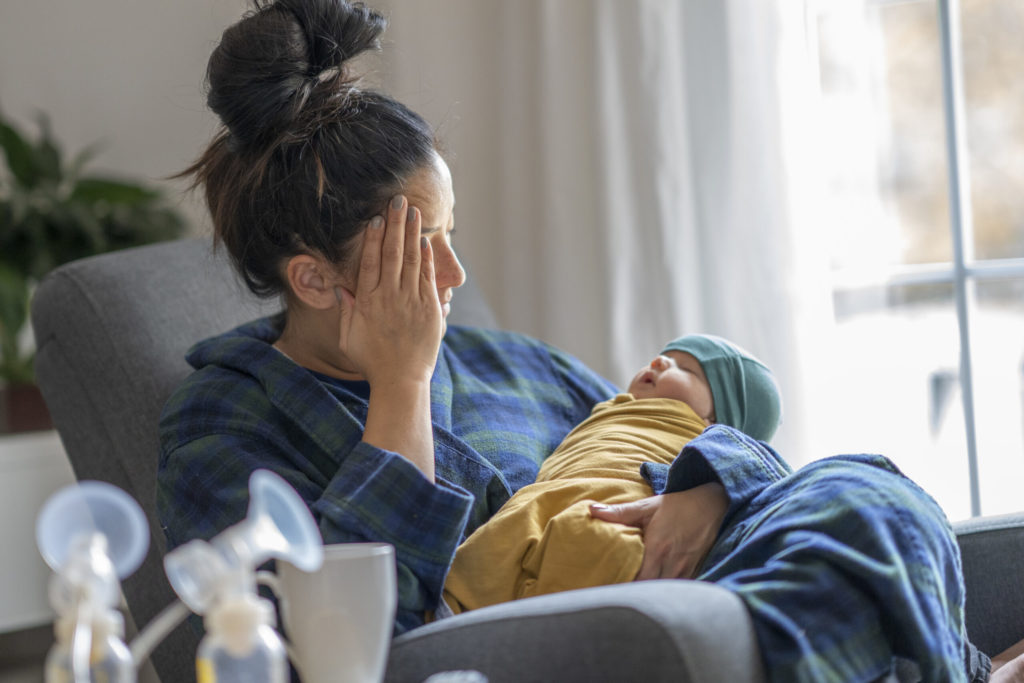
WHAT ARE THE COMMON POSTPARTUM COMPLICATIONS?
The period after the delivery of your baby is known as puerperium. This period begins right after the delivery of your baby and continues for about 6 to 8 weeks. It’s normal for women to experience discomfort during this time as their body adjusts to the changes that occur after childbirth. So, the most common postpartum problems are:
Postpartum Bleeding
This postpartum syndrome usually occurs within 1 to 2 weeks following your childbirth and is also known as Postpartum haemorrhage. This excessive bleeding condition is serious but rare, whether you have given birth vaginally or via an Emergency C – Section. 1 to 5 new moms out of 100 undergo this postpartum bleeding symptom.
-
Ways to Treat Postpartum Bleeding
To treat this postpartum complication after childbirth is to stop the bleeding, and the treatment methods may include taking medicines and surgically removing the remains of the placenta from the uterus to reduce the bleeding.
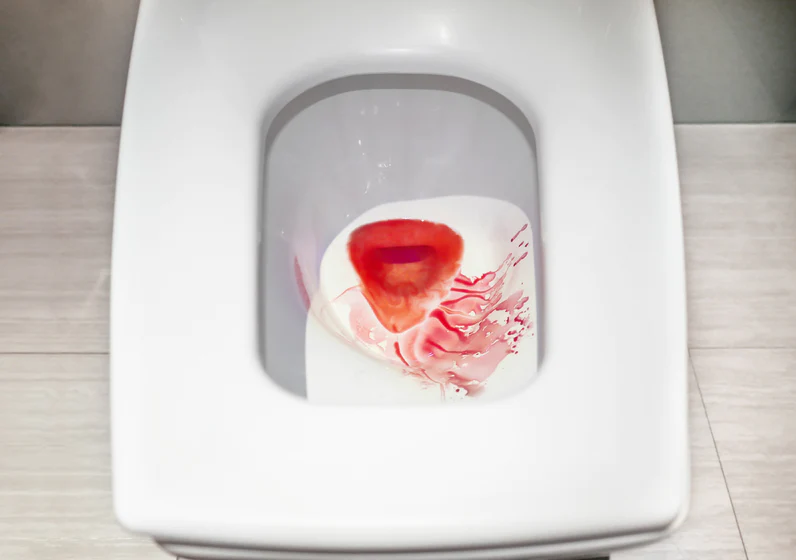
Postpartum Incontinence
When you are pregnant, you produce hormones that stretch the muscles and tissues that support the bladder and the uterus. This group of muscles and tissues is called the pelvic floor. When your baby moves down through your vagina to be born, your pelvic floor stretches and it remains stretched for some time. The combination of hormones and stretched muscles means the muscles that control your bladder are weakened. This can lead to an accidental leak of urine.
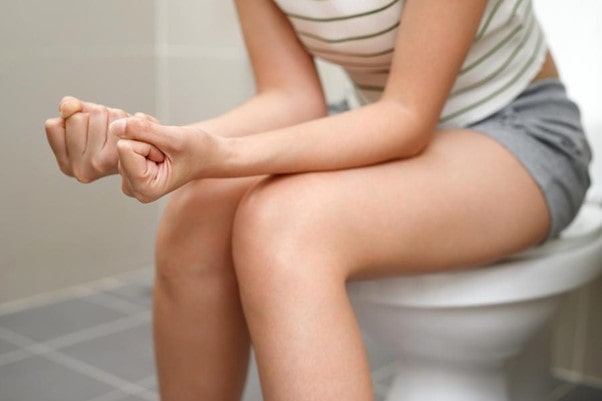
Leaking urine (called ‘urinary incontinence’) after childbirth is very common. One in 3 women who have had a baby may experience leakage at some point. Some new mother may leak urine when they laugh, sneezes, coughs or exercises. This is known as stress incontinence.
-
Ways to Treat Postpartum Incontinence
Simple ways like doing at-home physical exercise like Kegels can treat this post-pregnancy complication. However, two non-surgical treatment that new mommies can consider that is fast, easy to perform and effective at treating incontinence is Thuzzle RF and Laser Vaginal Therapy (LVT). While Thuzzle RF uses radiofrequency energy to tighten and strengthen the pelvic floor muscles, LVT uses thermal energy to stimulate new collagen production. The vaginal wall lining becomes thicker and tightened, providing greater support to the bladder and urethra.
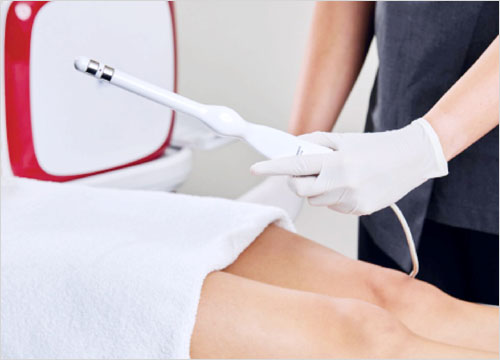
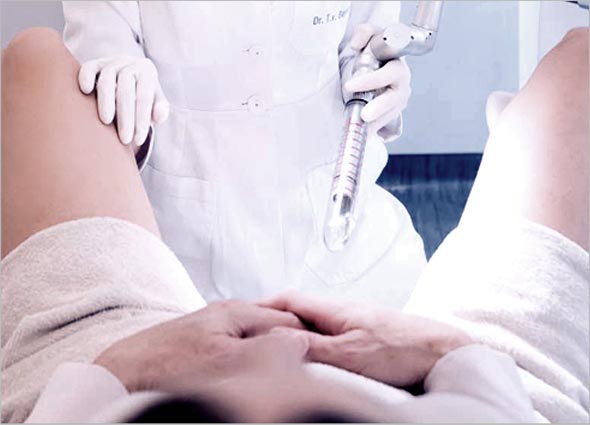
Stretch Marks
Stretch marks appear, when your skin is stretched due to the progression of your pregnancy and after the delivery of your baby, the skin is trying to go back to normalcy. In fact, these lines appear on the thighs, belly, hips, and breasts.
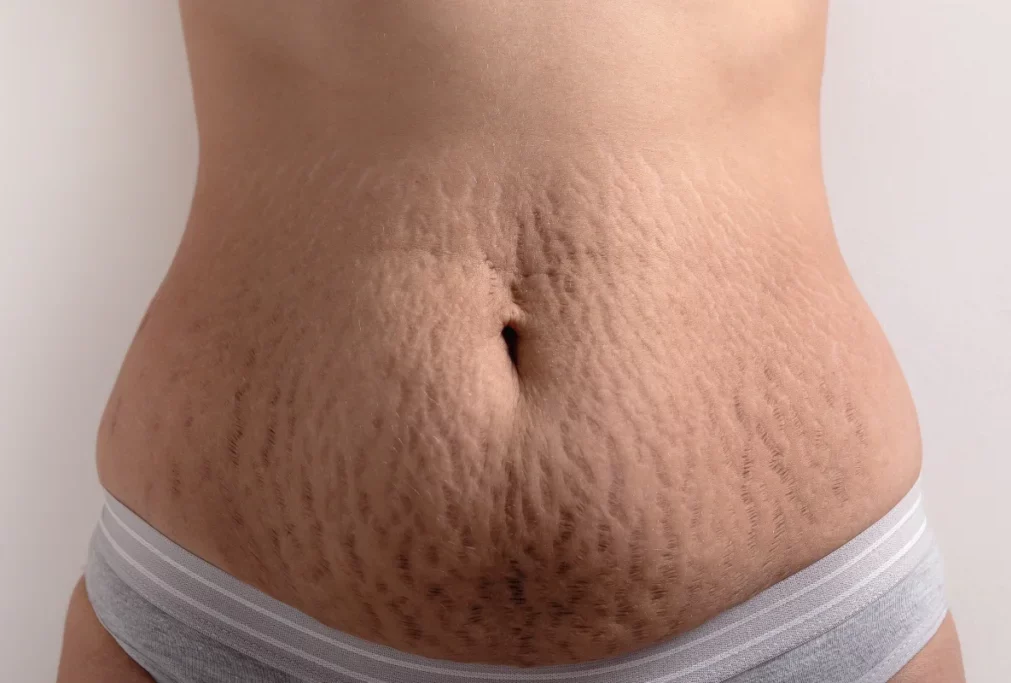
-
Ways To Treat Stretch Marks
You can either use essential oils with coconut oils to treat stretch marks or apply moisturising creams and lotions. To treat the underlying causes of stretch marks without surgery, Thuzzle radiofrequency energy heats up the deeper layers of the skin, stimulating collagen production and promoting skin tightening, leading to the reduction of stretch marks. To reduce the appearance of your stretch marks, you may also try out ONDA by Premier Clinic.

Postpartum Depression
Besides the physical discomforts after the delivery of your baby, you might feel moody, anxious and hopeless. Sometimes you might even feel detached from your little one. At least 1 out of 10 new moms suffer from postpartum depression.
-
Ways To Treat Postpartum Depression
Since you’re a new mom with a newborn there will be visitors to your house more often. Moreover, since you’re going to feel a little depressed, and the newborn would be a little vulnerable health-wise at this stage, you may not allow many visitors to your house. This aside you can include yoga, and meditation, and have proper postpartum nutrition which can reduce your stress levels after childbirth.

FEEL GOOD ABOUT YOUR BODY AFTER YOUR BABY
Many women struggle with not losing weight after pregnancy and adjusting to their new bodies. The most important thing you can do for yourself postpartum – in addition to caring for a newborn – is set aside time for yourself. And remember the fact that you gave birth to the greatest gift – your baby.
Rather than pushing yourself at the gym, try incorporating a physical activity that you really enjoy, whether that be walking, yoga, hiking, bike riding, or a dance class.
Finally, if you need a quick and effective fix, whether for postpartum incontinence, stretch marks or to lose that post-delivery belly pouch, you can call Premier Clinic at +6012-662 5552 for a consultation session with our doctors. We’ll be glad to walk with you together on your beautiful moments as a MOMMY and not having to go through “Oops I leaked again” moments!
REFERENCE
- https://aareurology.sg/services/laser-treatment-for-stress-urinary-incontinence/
- https://www.cordlifeindia.com/blog/postpartum-nutrition-foods-fuel-recovery/
- https://test.premier-clinic.com/our-services/thuzzle/
- https://www.pregnancybirthbaby.org.au/what-happens-to-your-body-in-childbirth
- https://www.ncbi.nlm.nih.gov/pmc/articles/PMC5011962/
